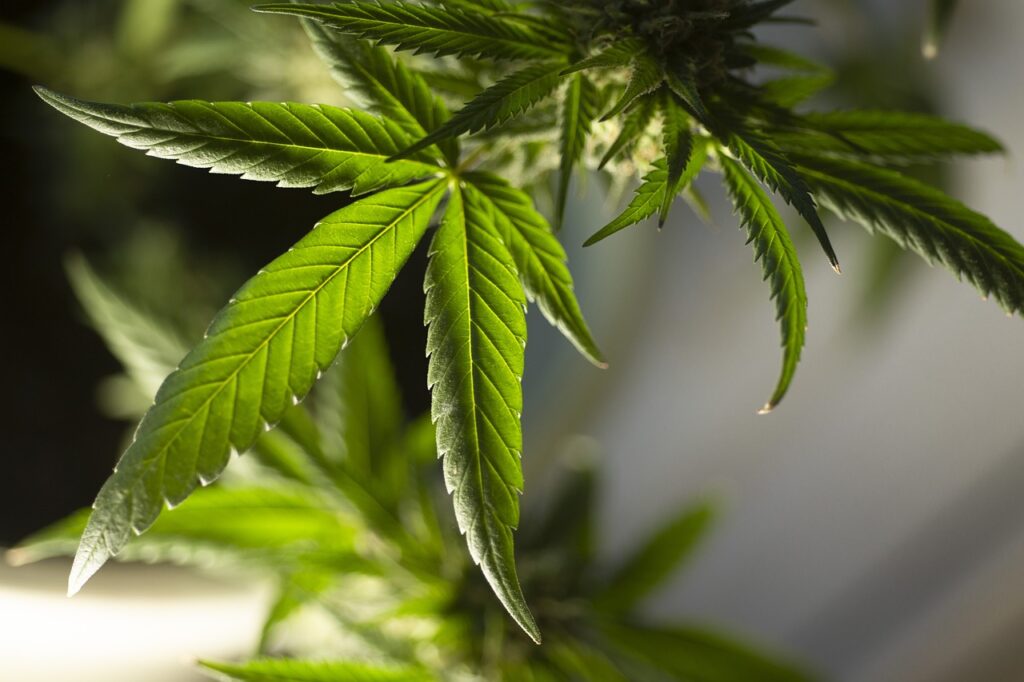In recent years, the interest in cannabis and its various compounds has surged, leading to a deeper understanding of its potential health benefits. Among these compounds, THCA (tetrahydrocannabinolic acid) has gained attention for its unique properties. Unlike THC, THCA is non-psychoactive, making it an appealing option for those seeking therapeutic benefits without the high. This article explores the medicinal properties of THCA flower and its potential benefits.What is Dosido High THCa Flower?
Understanding THCA
THCA is a cannabinoid found in raw and live cannabis plants. It is the precursor to THC, the compound responsible for the psychoactive effects of cannabis. When cannabis is heated through smoking, vaping, or cooking, THCA converts to THC. This process, known as decarboxylation, alters the chemical structure, leading to the psychoactive effects associated with cannabis consumption.
Non-Psychoactive Nature
One of the primary reasons for the growing interest in THCA is its non-psychoactive nature. This characteristic makes it suitable for individuals who wish to experience the therapeutic benefits of cannabis without the mind-altering effects. THCA can be consumed in its raw form through juicing or as a supplement, providing a versatile option for users.
Medicinal Properties of THCA
Research into the medicinal properties of THCA is still in its early stages, but preliminary findings suggest several potential benefits. These include anti-inflammatory, neuroprotective, and anti-emetic properties, among others.
Anti-Inflammatory Effects
Inflammation is a common underlying factor in many chronic diseases, including arthritis, inflammatory bowel disease, and autoimmune disorders. Studies have shown that THCA may possess anti-inflammatory properties, potentially offering relief for individuals suffering from these conditions. By reducing inflammation, THCA could help alleviate pain and improve quality of life.
Neuroprotective Potential
Neurodegenerative diseases such as Alzheimer’s and Parkinson’s are characterized by the progressive loss of nerve cells. Research suggests that THCA may have neuroprotective properties, which could help slow the progression of these diseases. Animal studies have indicated that THCA might protect against neurotoxicity, offering hope for future therapeutic applications.
Anti-Emetic Properties
Nausea and vomiting are common side effects of chemotherapy and other medical treatments. THCA has shown promise as an anti-emetic agent, potentially providing relief for patients undergoing such therapies. By reducing nausea, THCA can improve appetite and overall well-being, contributing to a better quality of life during treatment.
Case Studies and Research
While research on THCA is still developing, several studies and anecdotal evidence highlight its potential benefits. A study published in the British Journal of Pharmacology found that THCA exhibited anti-inflammatory and anti-proliferative effects in cell cultures. Another study in the Journal of Neuroimmune Pharmacology suggested that THCA might have neuroprotective effects in models of neurodegenerative diseases.
- Anecdotal reports from patients using THCA for conditions like arthritis and chronic pain have noted significant improvements in symptoms.
- Some users have reported reduced nausea and increased appetite when using THCA during chemotherapy.
Consumption Methods
THCA can be consumed in various ways, each offering different benefits and experiences. Understanding these methods can help users choose the best option for their needs.
Raw Consumption
Consuming raw cannabis leaves or flowers is one way to intake THCA. This method preserves the compound in its natural state, providing the benefits without psychoactive effects. Juicing raw cannabis is a popular method, allowing users to incorporate THCA into their diet easily.
Tinctures and Supplements
THCA tinctures and supplements offer a convenient way to consume the compound. These products are often made from raw cannabis and can be taken sublingually or added to food and beverages. This method provides a controlled dosage, making it easier to manage intake.
Topical Applications
Topical products infused with THCA are available for those seeking localized relief from pain and inflammation. These creams and balms can be applied directly to the skin, offering targeted benefits without systemic effects.
Legal Considerations
The legal status of THCA varies by region, influenced by local cannabis laws. In areas where cannabis is legal for medical or recreational use, THCA products are generally available. However, in regions with stricter regulations, access may be limited. It’s important for consumers to understand the legal landscape in their area before purchasing or using THCA products.
Conclusion
THCA flower presents a promising option for those seeking the therapeutic benefits of cannabis without the psychoactive effects. With potential anti-inflammatory, neuroprotective, and anti-emetic properties, THCA offers a range of health benefits. As research continues to evolve, a deeper understanding of THCA’s medicinal properties will likely emerge, paving the way for new therapeutic applications. For individuals interested in exploring cannabis for health purposes, THCA provides a compelling alternative worth considering.


